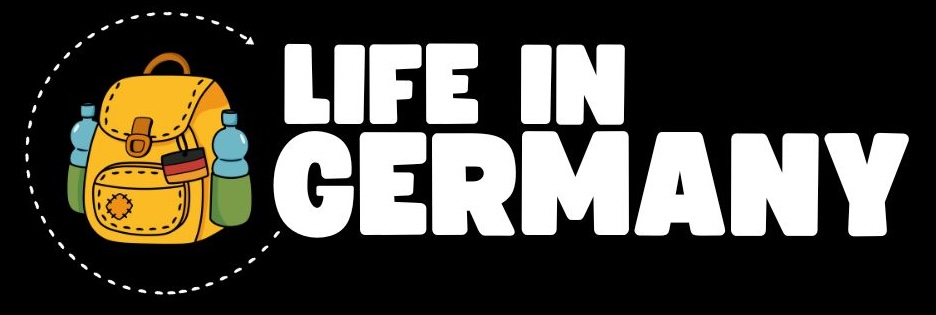Celebrating special occasions is a universal practice, but the way we honor our loved ones can differ significantly from one culture to another. This is particularly true when comparing Mother’s Day and Father’s Day in Germany to the traditions commonly observed in North America, specifically Canada.
Mother’s VS Father’s Day in Germany: 7 Key Differences You Should Know 🌼
- 1. The Significance of the Days 🎉
- 2. The Celebration of Fatherhood 🍻
- 3. The Day Off for Dads 🏖️
- 4. The Role of Alcohol 🍺
- 5. Baby Showers vs. Baby Pinkel 👶
- 6. The Cultural Shift Towards American Traditions 🇺🇸
- 7. The Need for Balance ⚖️
1. The Significance of the Days 🎉
In Canada, Mother’s Day is a grand affair, often celebrated with lavish gifts, heartfelt cards, and special family gatherings. It is a day dedicated to showing appreciation and love for mothers, often involving breakfast in bed and thoughtful surprises. Conversely, Mother’s Day in Germany, while acknowledged, is less commercialized and celebrated more subtly.
Many Germans still gift flowers, chocolates, and cards, but the overall excitement surrounding the day pales in comparison to its Canadian counterpart. The perception of Mother’s Day in Germany is evolving, but it remains a quieter affair, often overshadowed by the raucous celebrations associated with Father’s Day.
2. The Celebration of Fatherhood 🍻
Father’s Day in Canada resembles a toned-down version of Mother’s Day. It is an occasion to honor fathers with gifts, cards, and family time. In contrast, Father’s Day in Germany, known as “Männertag” or “Herrentag,” is an entirely different celebration. It is a day for men to revel in camaraderie, often involving large gatherings with friends, beer, and festivities.
Instead of spending time with family, many fathers take the opportunity to enjoy a day out, free from parental responsibilities. This stark contrast raises questions about the cultural values surrounding parenthood in both countries.
3. The Day Off for Dads 🏖️
In Germany, Father’s Day is often associated with a public holiday, allowing fathers to take a break from their daily responsibilities. This day off typically involves socializing with friends, hiking, or barbecuing. The idea is to celebrate manhood and friendship rather than family bonding.
On the other hand, Canadian fathers usually spend their day with their children, making it a family-oriented occasion. This cultural difference highlights the varying expectations placed on fathers in each society.
4. The Role of Alcohol 🍺
Alcohol plays a significant role in the German Father’s Day celebrations. Many men partake in drinking games, beer-fueled outings, and loud music, often leading to a day filled with revelry. This tradition contrasts sharply with the more subdued celebrations in Canada, where alcohol is typically consumed in moderation, often paired with family-friendly activities.
The emphasis on drinking during Father’s Day in Germany raises interesting discussions about societal norms and the perception of masculinity in different cultures.
5. Baby Showers vs. Baby Pinkel 👶
In North America, baby showers are a cherished tradition where friends and family gather to celebrate the impending arrival of a new baby. It is a time for mothers to receive gifts and enjoy quality time with loved ones. However, in Germany, there is a unique tradition known as “Baby Pinkel,” which focuses on celebrating the father rather than the mother.
During the Baby Pinkel, the father-to-be often enjoys a last hurrah with friends, while the mother remains at home. This stark contrast to the North American baby shower tradition raises questions about gender roles and expectations surrounding childbirth.
6. The Cultural Shift Towards American Traditions 🇺🇸
As globalization continues to influence cultures worldwide, we see a gradual shift in how traditional holidays are celebrated. In Germany, some aspects of Mother’s Day are slowly adopting American practices, such as more elaborate gifts and celebrations. However, many Germans still prefer to maintain their traditional customs, creating a blend of old and new.
This cultural shift is evident in younger generations, where baby showers are becoming more popular, illustrating the impact of cross-cultural influences on traditional celebrations.
7. The Need for Balance ⚖️
The contrasting celebrations of Mother’s and Father’s Day in Germany highlight the need for a more balanced approach to recognizing the contributions of both parents. While fathers enjoy a day of freedom and fun, mothers often find themselves juggling responsibilities on their special day.
Encouraging a shift towards more equitable celebrations could foster a better understanding of the roles both parents play in family life. This change could lead to a more harmonious appreciation of parenthood in Germany.
Made with VideoToBlog

